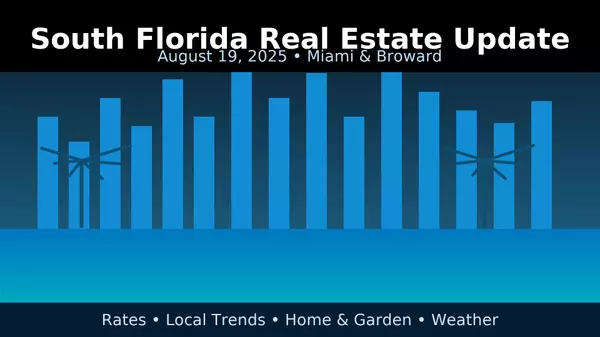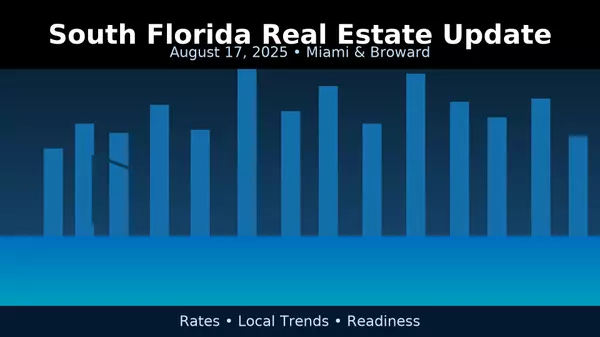The Advantages of FHA Loans: A Comprehensive Guide

Acquiring a home is part of the quintessential American Dream, and Federal Housing Administration (FHA) loans have long served as an essential vehicle to make this dream a reality for many. Particularly beneficial for first-time homebuyers and those with lower credit scores or smaller down payments, FHA loans offer flexibility and affordability. This article delves into the benefits of FHA loans, demystifying the process for potential homebuyers exploring their financing options.
Understanding FHA Loans
Originating from the New Deal era, FHA loans were instituted to combat the cataclysmic housing crisis during the Great Depression. Fast forward to the present day, and these loans have evolved into a lifeline for many prospective homeowners struggling to meet the stringent criteria set by traditional financing options.
In essence, an FHA loan is a mortgage insured by the Federal Housing Administration, a government agency within the U.S. Department of Housing and Urban Development (HUD). Lenders are more willing to grant these loans because the FHA backs them, reducing the lenders' risk. The maximum loan amount varies by location and property type, but they usually align closely with the conventional loan limits set by the Federal Housing Finance Agency (FHFA).
Key Benefits of FHA Loans
One of the critical advantages of FHA loans lies in their relatively lenient down payment requirements. While conventional loans often demand down payments of 10-20%, FHA loans can be acquired with as little as 3.5% down, a significant relief for cash-strapped buyers.
Equally beneficial is the FHA loan's flexible credit score prerequisites. While most conventional mortgages require a credit score of 620 or higher, borrowers can qualify for FHA loans with credit scores as low as 580 (with a 3.5% down payment). Those with credit scores between 500 and 579 can still qualify, provided they make a 10% down payment.
Contrary to popular belief, FHA loans can also lead to lower interest rates. Because the FHA insures these loans, lenders often offer lower interest rates compared to traditional loans. Over the duration of a mortgage, these lower rates can translate to substantial savings.
Assumability is another advantage of FHA loans often overlooked. If a homebuyer decides to sell their home, they can transfer their FHA loan to the buyer, assuming the buyer qualifies. This feature can be especially attractive in a rising interest rate environment.
Furthermore, FHA loan holders are eligible for FHA streamline refinancing. This expedited refinancing process allows borrowers to refinance their mortgages with fewer documentation requirements and no appraisal. It's an excellent tool for quickly taking advantage of falling interest rates.
Lastly, for those considering a 'fixer-upper,' the FHA 203(k) loan can be a game-changer. This loan type provides funds for the purchase and necessary repairs of a home, all in a single loan with one closing. It's an excellent tool for revitalizing properties and neighborhoods.
Comparing FHA Loans to Other Mortgage Types
When juxtaposed with conventional loans, FHA loans offer easier credit requirements, lower down payments, and the ability to qualify with a higher debt-to-income ratio—making homeownership accessible for a broader audience.
Compared to VA loans (exclusively for veterans), FHA loans require a down payment but are available to a wider demographic. Against USDA loans, which require property location qualifications, FHA loans provide more flexibility in home purchasing locations.
Qualifying for an FHA Loan
Qualifying for an FHA loan involves several key factors. Besides the previously discussed credit score requirements, lenders will evaluate a borrower's debt-to-income ratio. Generally, the FHA prefers this ratio to be less than 43%, but exceptions can be made.
Stable employment and consistent income over the past two years are typically
required, demonstrating the borrower's ability to repay the loan. Additionally, the property in question must meet certain minimum standards to qualify for an FHA loan.
Conclusion
FHA loans continue to be an instrumental part of the housing finance system, opening the door to homeownership for many who would otherwise struggle to secure financing. By providing lenient credit requirements, low down payments, and other benefits, FHA loans democratize access to homeownership. If you're in the process of exploring your mortgage options, considering the advantages of an FHA loan could lead you one step closer to owning your dream home.
See All Homes For Sale In Miami https://www.williamgartinrealestate.com/miami
Categories
Recent Posts










